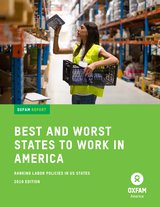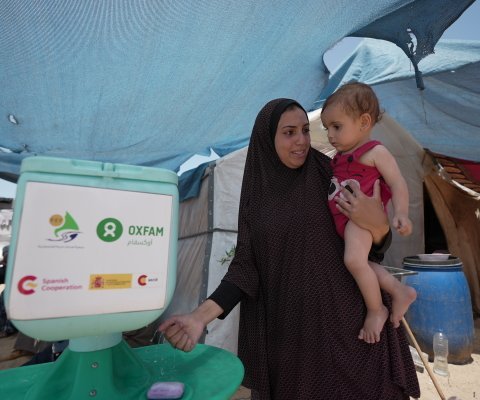Research
Search research reports
-
Research
Are They Really Gender Equality Projects? An examination of donors’ gender-mainstreamed and gender-equality focused projects to assess the quality of gender-marked projects
There is an increasing focus on gender equality in development and humanitarian aid, including in donors' self-reported contributions to gender equality. More policies and laws are calling for an increased focus on gender equality, and some nations are calling for feminist aid or feminist foreign policy—all positive steps to address one of the world’s largest challenges: gender inequality.
Donors' self-reported gender equality funding figures have increased, but it is unclear if the funding is actually for gender equality work. Evaluations of donor equality policies suggest that they are inconsistently implemented. And until recently, assessing the quality of gender equality projects was problematic because it was difficult to link the reported funding figures to more detailed project information.
This report draws on Oxfam's research using publicly available information to examine 72 projects from seven donors across various sectors that provided over $6bn worth of gender equality funding. Its findings suggest there is a major gap between self-reported funding and high-quality gender equality projects. This is especially concerning given the massive challenges to achieve gender equality and the incredible gains that could come from it. Donors and other partners need to act to fix these deficiencies in their gender equality projects by gender marking projects in the pre-design phase, and not allowing projects to be counted as gender equality projects if they do not include critical components.

-
Research
Women Leading Locally: Exploring Women's Leadership in Humanitarian Action in Bangladesh and South Sudan
This report examines women’s leadership in locally led humanitarian action with case studies from Bangladesh and South Sudan. Co-authored with two women’s organizations, Ashroy Foundation of Bangladesh and Rural Women for Development in South Sudan, it seeks to understand whether and how local humanitarian leadership (LHL) can promote or constrain women’s leadership. The report finds that women’s leadership in LHL is limited in both countries, with women’s leadership facing many of the same challenges as LHL itself. However, by encouraging collaboration between women leaders, women’s organizations, and LHL actors, progress toward a more gender-transformative humanitarian system can be achieved.
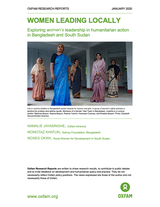
-
Research
Time to Care
Unpaid and underpaid care work and the global inequality crisis
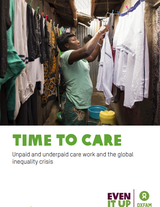
-
Research
Masculinities and the Far-Right: Implications for Oxfam’s Work on Gender Justice
This report was commissioned to examine the ways in which varying narratives and tropes of masculinity and femininity have both shaped and been used by the far-right in its mobilization of support and polarization of debate. It follows the academic literature in identifying ethnonationalism as the unifying ideology of a heterogeneous political tendency that can be collectively referred to as the “far-right”.
This analysis concludes that civil society organizations working on human rights and social justice issues, both domestically and in the fields of international development and humanitarian response, must prioritize understanding the narratives and discourses the far-right uses to attract supporters and advance its political agenda.
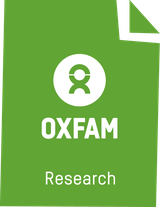
-
Research
The Demand Side of Impact Investing
Elevating the perspectives of local entrepreneurs in the impact sector

-
Research
Best and Worst States to Work in America
The Best States to Work Index ranks the US states on compensation and conditions for workers.
